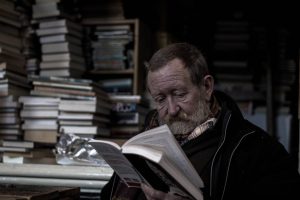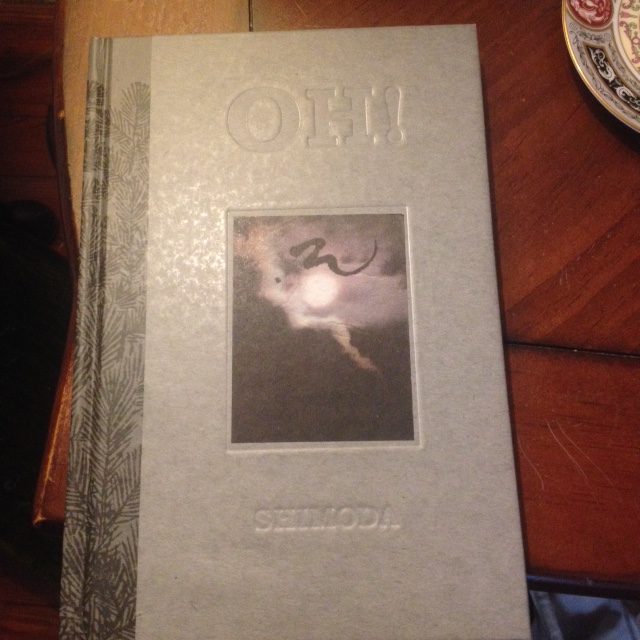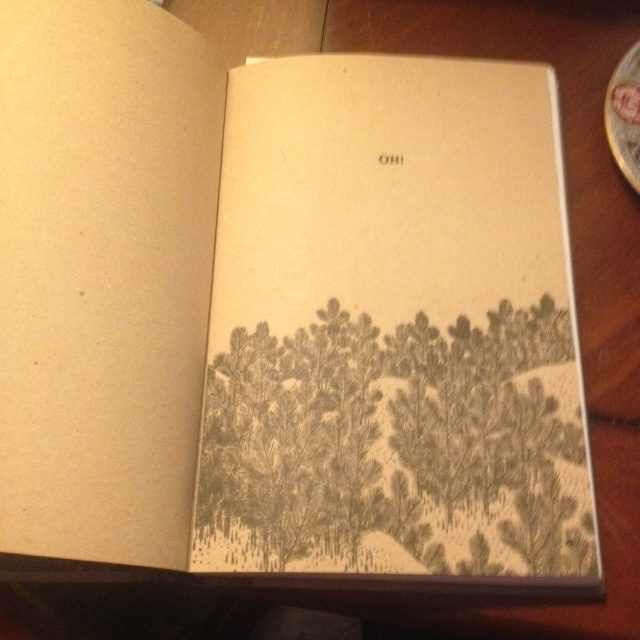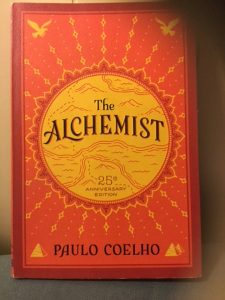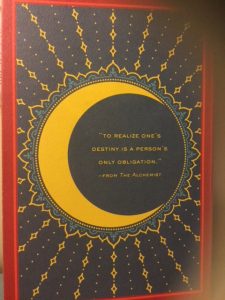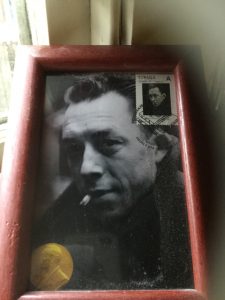Tips To Improve Your Language Skills, Part 2
See part one in the previous post. To continue our discussion on tips to improving your language skills, next up is:
 Photo by May Gauthier on Unsplash
Photo by May Gauthier on UnsplashTeach Someone Else
This may seem strange or even hard to imagine for some people, but it does work! If you feel as if your language skills are at least at an intermediate level, you should be more than ready to teach a beginner. If you get yourself a good beginner’s textbook, the lesson plan is already made for you. By following the book, you will have a very organized and methodical technique for working with a beginner. It will be a fantastic way for you to review the basics and refresh your knowledge and understanding of the grammar and vocabulary that you may have forgotten. It will challenge you to improve and refine your language skills, so it is a benefit to you and your student! In addition to making this crucial revision in order to teach a new student, you will also gain a much-needed confidence in speaking and using the language. You will probably learn a lot of new stuff as you go along, like new words you’d never come across before, and you will even likely improve your own understanding of grammar points that you may not have perfected the first time around. Being able to explain grammar and vocabulary will come easier for you, since you had to learn it the hard way just as your students are doing. You will be able anticipate the difficulties they will encounter because you had the same ones, thus being able to better help them.
Join A Conversation Or Book Club Group
If you do a quick search in your area, you may find a language school or Meetup group that hosts a conversation circle that meets maybe monthly or as frequently as weekly. Here, we have several Meetup groups that meet on various days during the week, daytime or evening. You can maybe find a group that meets your language level or interest. Sometimes the group may meet to discuss literature or simply to have drinks or dinner in the evening, or coffee or lunch during the day or weekends. Language schools like Alliance Française or Deutches Haus, in addition to language classes, may host free or low-cost events in which members may be able to participate. These could be book clubs, seminars, presenters, film clubs, or even parties for Christmas or national holidays. Participating in these may be beneficial for you to meet native speakers, or other language learners with whom you can practice speaking in a very relaxed atmosphere.
Create An Immersion Environment At Your Home (see blog)
I wrote about this recently, so refer to the blog I posted (March 2021) for more details. I just want to reiterate that having as much immersion in the language you are learning is crucial! Subscribe to magazines or newspapers, get CDs or stream music, watch the news, movies or videos in your target language, put up posters of verb charts or vocabulary, change your phone or computer language, anything and everything you can do to have the language all around you will reinforce and strengthen your confidence and abilities.
Talk To Anyone/ Everyone, Even If They Don’t Know The Language You’re Speaking!
There is also another option, which might annoy your family and friends, but which could be fun and interesting to you (and possibly to others), and that is to just talk in your target language every time you want to say something, and then translate it. If you want your spouse to pass you the butter, say it first in the language you are learning, and then translate it. It sounds nuts, but I have students who do this. It gives them the chance to practice their language skills, figure out how to say what they want to say, but still get the message across in the translation. Their family members may even learn something in the process! It’s a little like the one from part 1, in which I said you could just talk to yourself. However the difference (and maybe an added benefit) is that it needs to come out quickly and in good pronunciation, intonation and rhythm. Thinking to oneself is a little different from speaking out loud. Give it a try. You may realize that you are a little slower at speaking out loud than you are at thinking what you want to say.

Write Daily
In an article posted on my blog (Feb 2017) I talked at length about writing to improve your language skills. For more details, please refer to this post. Briefly, I believe writing is critical to the development of language skills, and I have seen this put into practice with great success by many of my students. When students began a habit of writing daily, even as little as a few sentences to a few small paragraphs, they would often notice great improvement in their ability to form their thoughts and ideas in the language they are studying. It challenges them to think about how things need to be said in the language they are learning, for example, the vocabulary or grammar needed and so much more. Especially if you are going to be writing by hand, I believe the memory for words and phrases that you write down is stronger and will last longer. Whether it be personal memories, experiences, daily activities or even on more abstract topics like friendship or success, taking a few minutes every day to write in a notebook will work wonders on your skills in all areas.
Get a Tutor / someone to talk to to practice/ language partner.
So finally, I will end with the obvious one. When all else fails or is still not enough, or when the above opportunities do not present themselves, and you just want or need more, you may just need to get a tutor or private teacher. Taking a class is great for the interaction that you will have, but it may not give you the individualized attention you need or want. If you have very specific goals in mind, for example to pass a test, to prepare for an upcoming trip or to apply for a job, then a tutor is probably the best option. I would also say that a private tutor is also best for someone with some experience studying the language here and there and may have a level that is difficult to place in a class. If you live in a very rural area and there are not a lot of language schools or tutors, there are plenty of tutors (like me) who are working online to deliver quality professional lessons. Don’t knock it until you try it! I know studying online may not seem like a great experience to you, but it is in the comfort of your own home or office, may fit in well when you have an unpredictable schedule, and you don’t have the hassle of commuting in traffic or going out in bad weather. It really can be quite convenient for people with busy schedules. If you are on a budget and just can’t afford the cost of hiring a private teacher, there are also programs that connect you with a language partner with whom you can exchange language lessons, dividing the hour between your learning their native language, and teaching your language to them. It may be a slow process, and they will possibly be amateur teachers, but if you both stay on task, you could get a lot out of it. Keep in mind that it also may be very irregular and some language partners are not as committed as you may be.
In Conclusion
All in all, language learning is a process. It can be a lifelong process, and at times frustrating or slow, but it is always well worth it. A second language is a valuable skill and useful in many situations, from travel to work. It keeps the mind healthy and young and can really change the way we see the world and others. So if you are committed, go all in. I hope the above tips prove to be as useful to you as they have been to me and to many of my students. If you can think of others, please add them in the comments below. I would be happy to see them, as well as many of my students.

